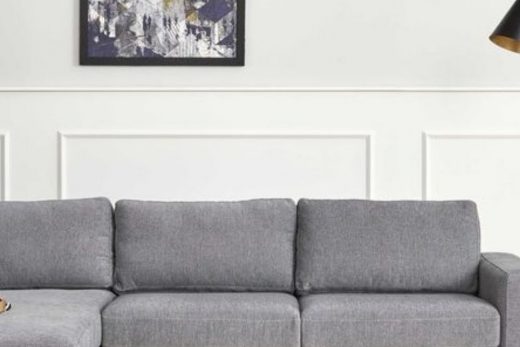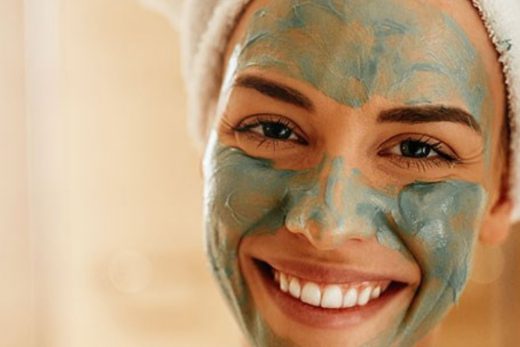Use Oil-Free and Water-Based Products
Obviously, you don’t want to put any more oil onto your skin than is already there. Look for “oil-free” on the label, especially for those leave-on products like moisturizers, sunscreen, and makeup.
You may also want to use products labeled noncomedogenic. This means they are less likely to cause pore blockages (comedones), and less likely to trigger acne breakouts.
Water-based products are another great option for oily skin types. Water-based products use a gel base and don’t leave any heavy residue on the skin. They feel virtually weightless on the skin.
You can find water-based moisturizing gels, sunscreens, and makeup foundation. Check the label; many of these are marketed to people with oily and breakout-prone skin.
Your topical acne medications have water-based options too. Differin, Retin-A, Onexon, and more all come in a gel form. If your current acne medication feels too heavy or greasy for your liking, ask your dermatologist if there is a gel option.
Don’t Scrub at Your Skin
Those of us with oily skin seem especially conditioned to scrubbing away, and it can be a hard habit to break. After all, won’t scrubbing at the skin help deep-clean the pores, clear acne and reduce oiliness?
Surprisingly, no. Rubbing the skin with abrasive scrubs, pads, or washcloths won’t make your skin less oily and won’t improve acne. It will irritate the skin, though. Oily or not, be kind to your skin and treat it gently.
Exfoliate and Use Acne Treatments
Acne treatments and exfoliating products reduce excess oil, and can also improve the look of large pores. Oily skin and large pores often go hand in hand and can be just as frustrating as acne itself. While you can’t permanently shrink your pore size, you can make them look smaller.
Many acne medications pull double-duty and reduce enlarged pores while clearing breakouts. Topical retinoids, in particular, are good at minimizing large pores. Over-the-counter salicylic acid is another option.





